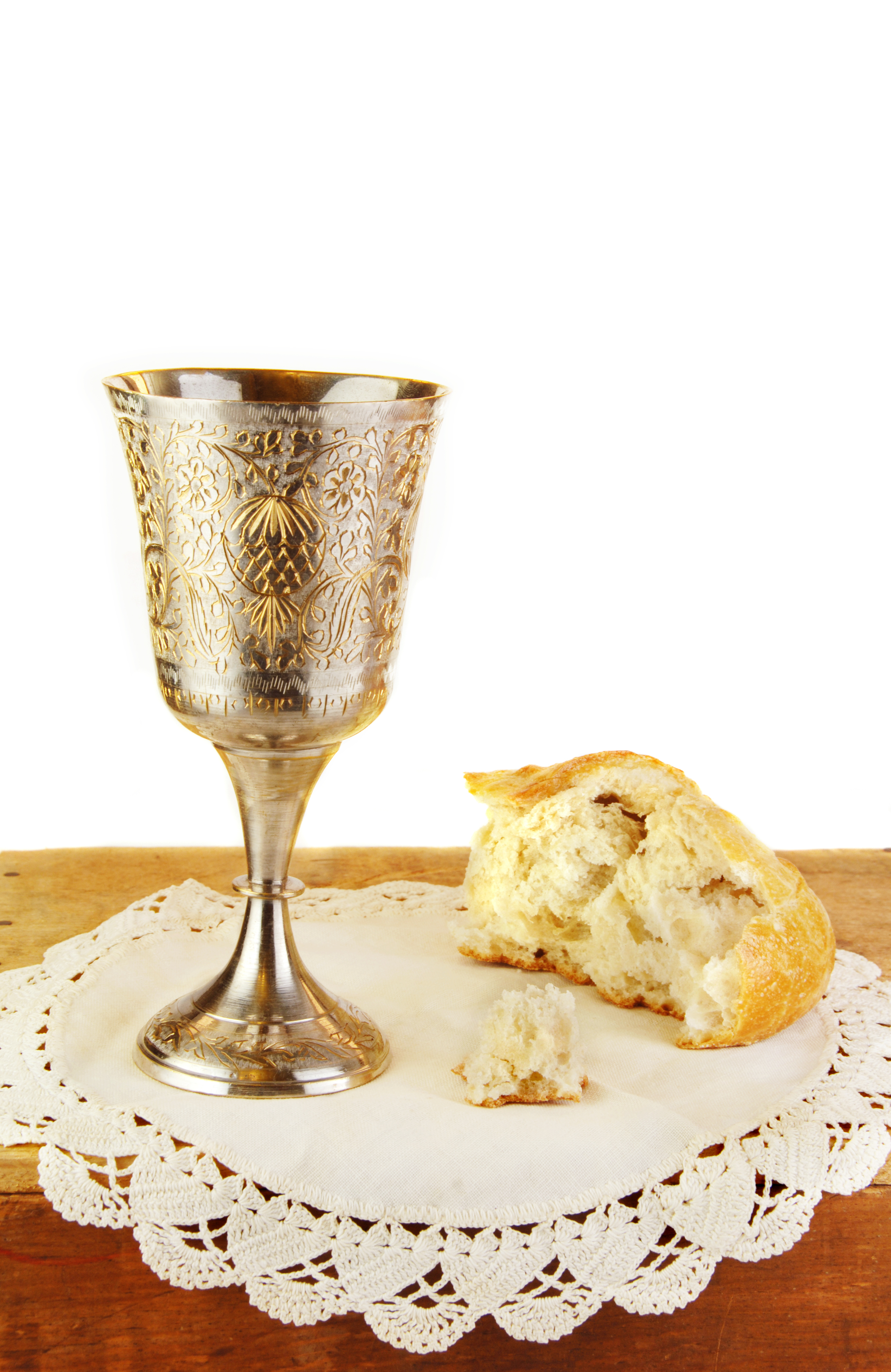The Breaking Of Bread

Read 1 Cor. 11:23-26
Part 4
The Lord's Supper in relation to the Assembly
In the last section the “external” effects of the Lord’s Supper were before us - the behavior which ought to be seen in the people who are in the fellowship of the Lord’s death. We now consider something related to the inside place, and what is enjoyed there. The same persons, but now in the circle of those where His love is known, where there are those who seek faithfully to respond to Him, and where He would come into the midst of His own and fill hearts with “the joy His presence brings, its warmth and cheer,” as the hymn writer puts it. It is vital to the clear understanding of these passages to recognize that 1 Cor. 10 is individual, whereas here we have what is collective, in the Assembly.
Sadly, it was the failure of the Corinthian saints which led the apostle to set out the wonderful truths in relation to the Lord’s Supper. He begins here, and continues in chapters 12-14, the great principles of the Assembly. But first and foremost we learn of the order and place of the Breaking of Bread. This distinction surely calls for us to take careful note and give this matter its right place. We note in Acts 20 that the principal purpose of the Christians being together on the Lord’s Day was to break bread, and other things followed.
We have previously looked at the historical details set out in Luke 22, and now present some practical thoughts. Pre-eminently we gather to remember Him - man has no place here - the Lord Jesus and His love is supreme. We are gathered as “His brethren,” those associated with Him in risen life, those whom He has breathed into; and on such distinctive ground that our state, circumstances, and history have no place. We are in His presence - gathered to Him, the One who was dead, but is alive for evermore - and in the realization of His love which caused Him to give Himself. Would not our hearts overflow with praise and adoration as a result of again seeing His hands and side? See Jn. 20:20, “The disciples rejoiced therefore, having seen the Lord.”
Now then, we are led on by Him in the midst of the Assembly to worship the Father (Ps. 22:22). Perhaps Heb. 2 fills out the quotation, “For both He that sanctifies and those sanctified are all of one; for which cause He is not ashamed to call them brethren, saying, I will declare Thy Name to my brethren; in the midst of the assembly will I sing thy praises.” It is that our risen Lord would lead us into that sphere of divine love where the display of the Father’s heart is manifested, “All that the Father hath is mine” (Jn. 16:15), and “I have declared onto them Thy name” (Jn. 17:26). Surely the consideration of the love of the Father would draw from those hearts, touched by divine love, worship. “The Father seeks…worshippers” (Jn. 4:23).
The breaking of bread, “showing forth His death till He come,” takes our minds and hearts backward and forward. We look back and recall we are identified with His death, His rejection here in this world, and our fellowship with Him in that death. How blessed to ponder, as we look forward, “till he come.” He will come in power and great majesty and every eye will see Him. He will reign from the river to the end of the earth, and all nations shall call Him blessed. How wonderful that He will have us in fellowship with Himself in that day. We will be with Him; we will be associated with Him as His wife - what a partnership or fellowship! Does that not lead us on to enter into the whole counsel of God?
Before closing these remarks, it is well to mention vv. 27-30. Surely we fully realize the worthiness due to our blessed Lord. He would have us in the fellowship of His death, where all of self has been judged. This is where the Corinthians failed; they were allowing the flesh to act. Outwardly, professing to call Him to mind, but in reality giving the desires of the flesh scope to act. Thus the sad result is seen, in weakness, sickness, and even death. Perhaps the specific Corinthian failure is not what may characterize us, but surely the principle set out here should send a clear warning to avoid everything which would lead to such a state.
May the Lord Jesus, through the power of the Holy Spirit, give us a greater appreciation for this wonderful privilege to remember Him in the breaking of bread. May it draw us out of this world and give us a greater desire to be found here in the fellowship of His death, until He come.




